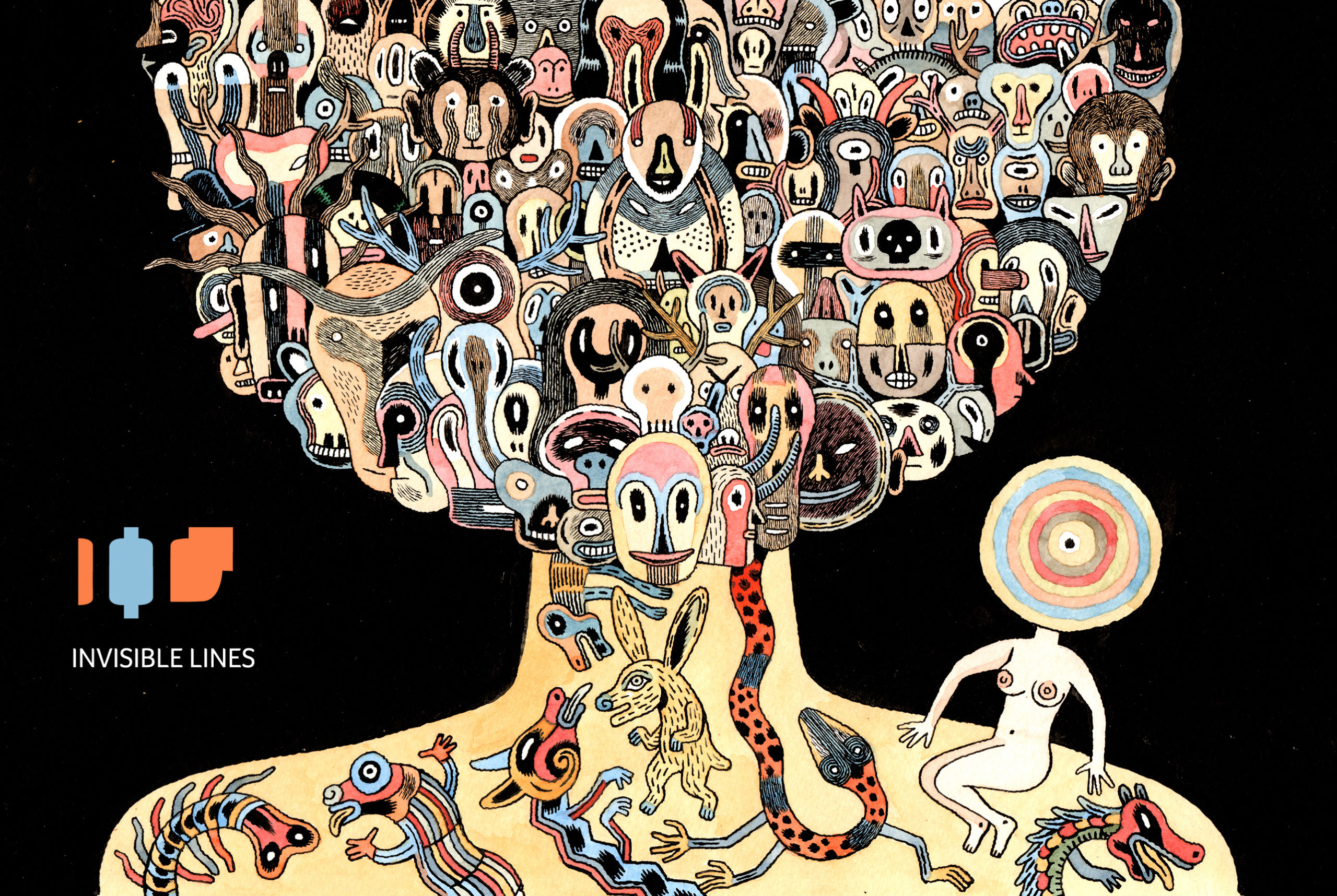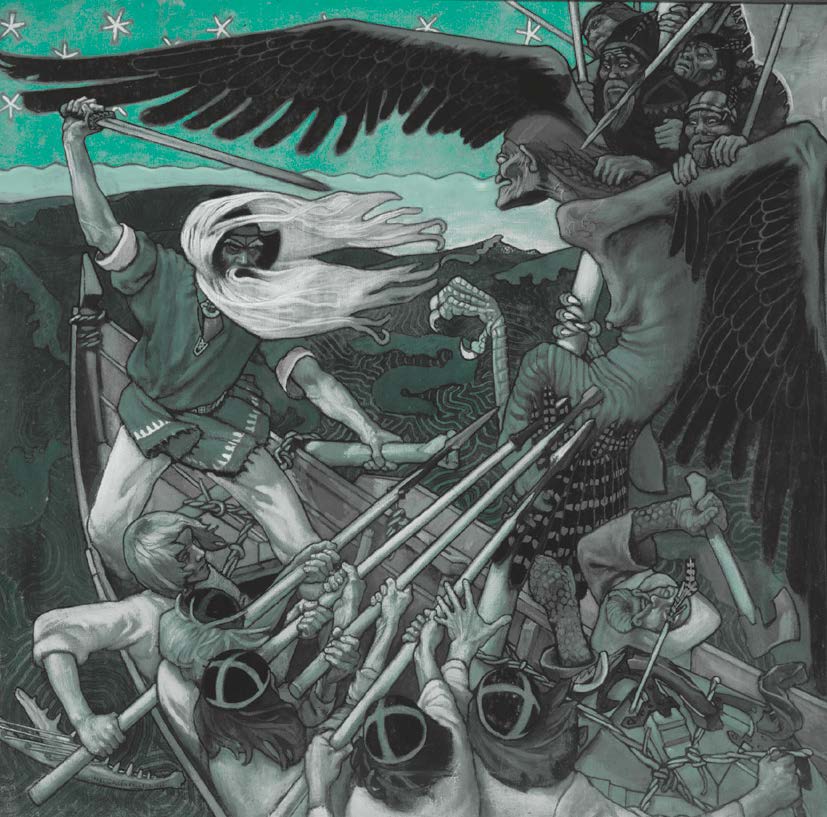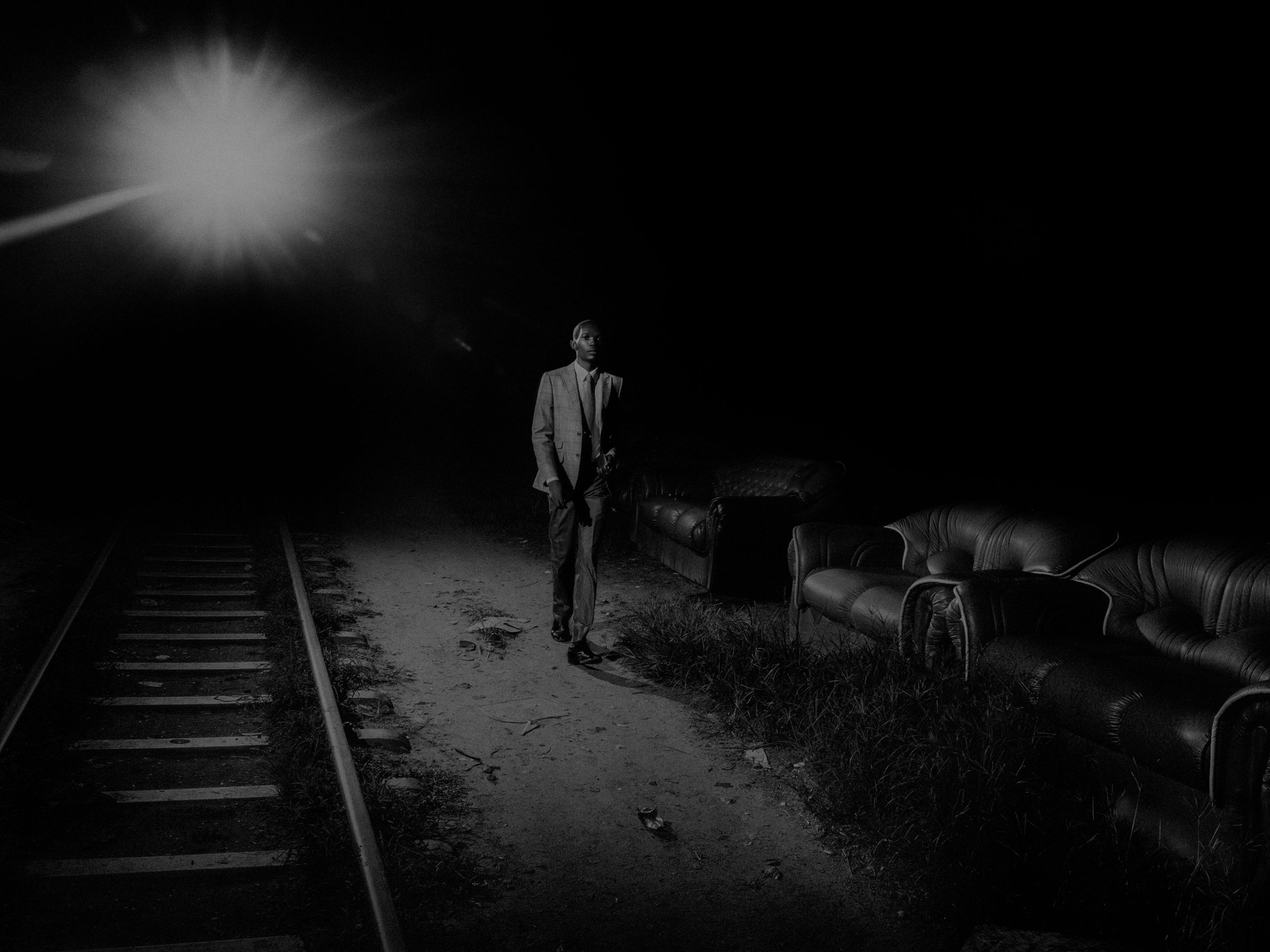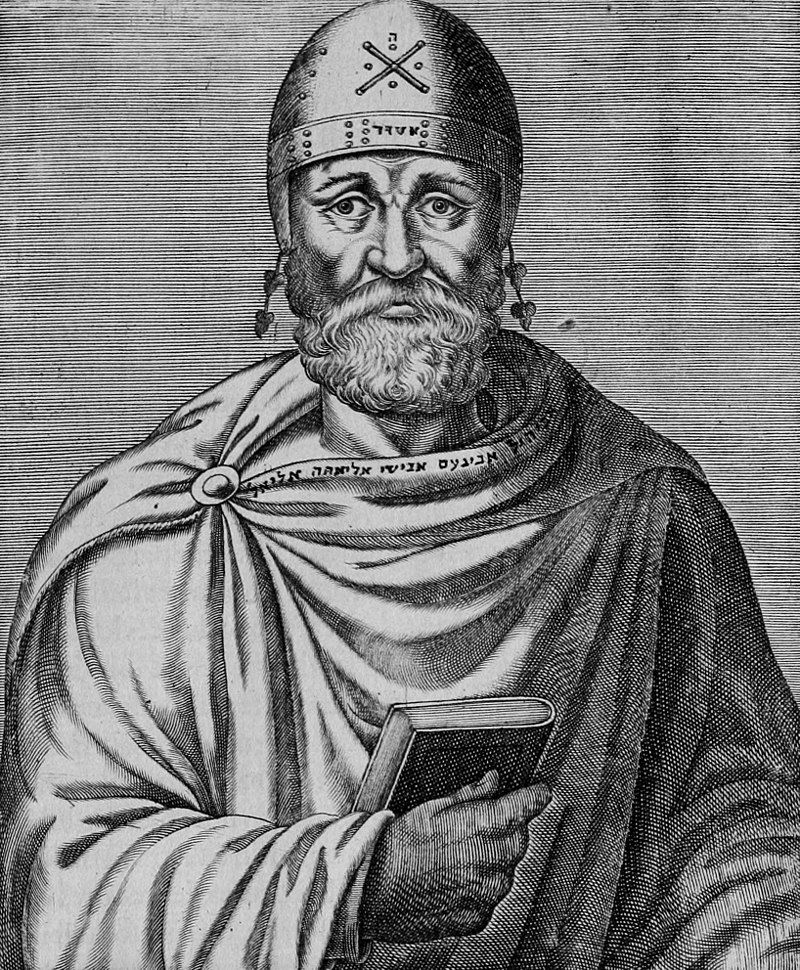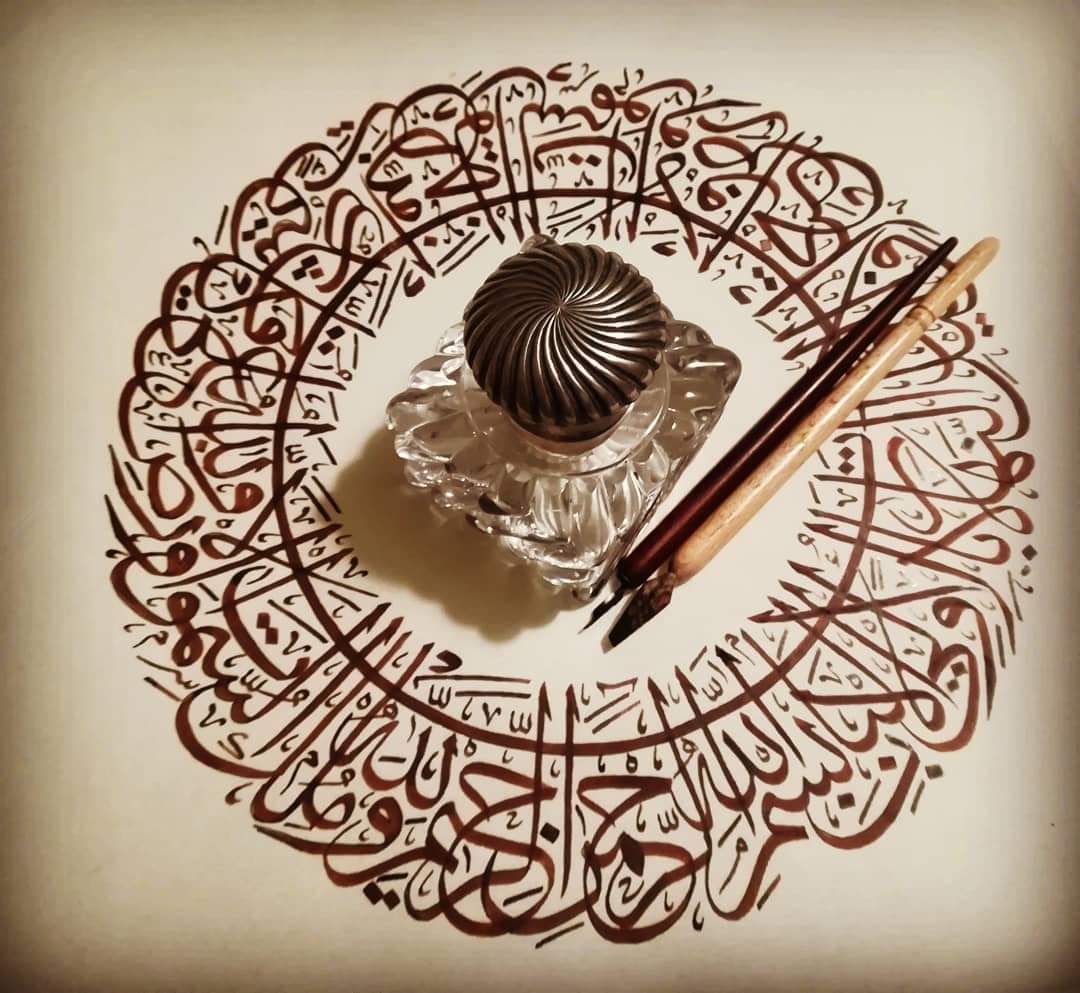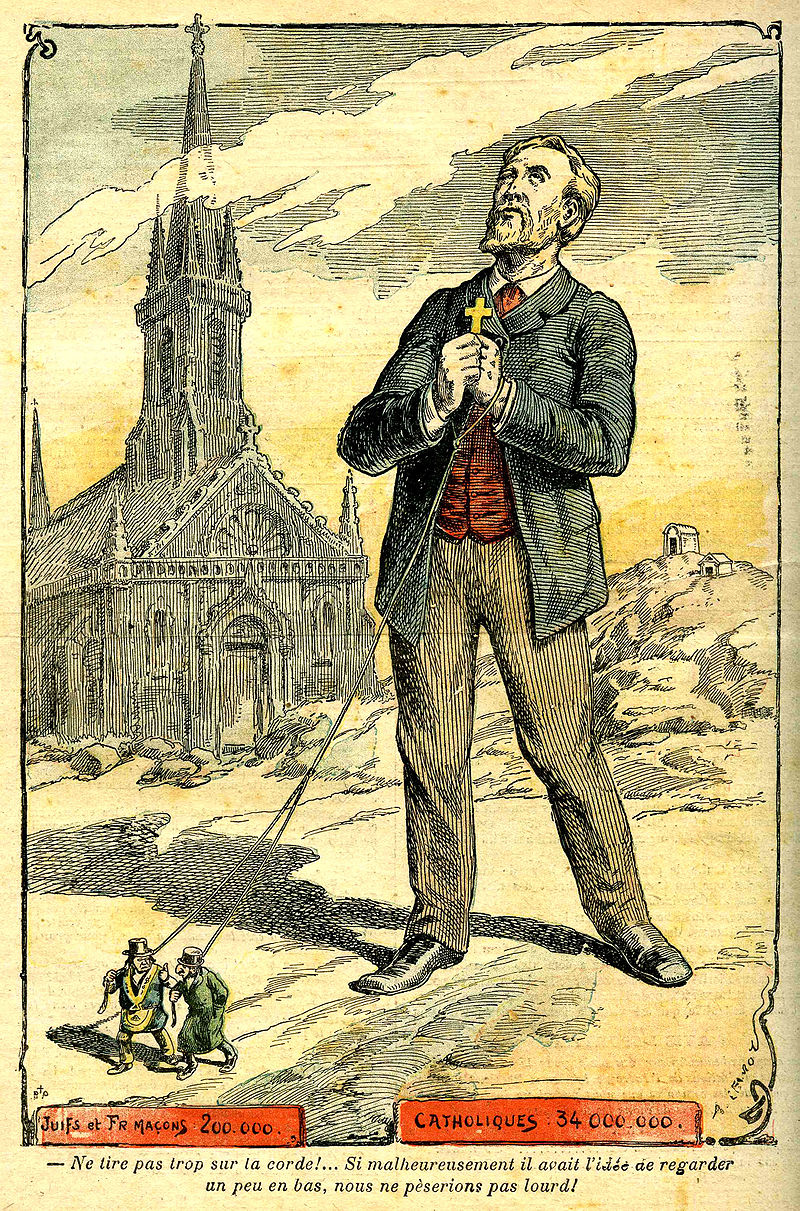Applications
Eyes on Music: Visual Ethnomusicology Projects. 2020 Edition
“Eyes on Music” is the title of a series of projects on documentation and audiovisual production in ethnomusicological studies set up by the IISMC in 2018 and coordinated by Giovanni Giuriati, Marco Lutzu, Claudio Rizzoni and Simone Tarsitani.
The series has been conceived starting from the realisation of the increasingly predominant role played by audiovisual recordings in fieldwork as well as in the production of documents and their diffusion. The camera has now replaced the tape-recorder in most documentation activities and digital technology has made high-quality audiovisual documents accessible for archiving, analysis and publication purposes. Films are used by ethnomusicologists not only for the production of documentaries, but also for popularising, teaching, and the creation of multimedia archives. This great proliferation of audiovisual technologies has not been accompanied, however, by adequate training of researchers.
In the universities, the small number of teachers and the limited resources mean that, in most cases, fieldwork methodologies and in particular techniques for production, editing and analysis of audiovisual products are not taught in a satisfactory manner.
In 2020 the project will again have three distinct but complementary parts:
1) An annual research scholarship of 5,000 euros to be awarded to a young researcher to make a audiovisual documentary on an ethnomusicological theme in memory of Diego Carpitella. Projects received by means of a call for applications will be judged by a panel of three experts. The winner will undertake to make the documentary, which will be screened publicly in Venice the following year. A copy of the material produced during the making of the film will remain in the IISMC Archive.
New deadline for application: 30 April 2020
DOWNLOAD CALL FOR APPLICATIONS
DOWNLOAD APPLICATION FORM
2) A workshop in the field of visual ethnomusicology. For a week, two experts will hold an intensive workshop with a selected number of participants on a relevant topic of audiovisual documentation in ethnomusicology (e.g. audiovisual documentation of fieldwork, documentaries, video documentation for analytical purposes, visual representation of analysis and post-production). An integral part of the workshop will be the documentation of a musical event organised by the IISMC in the same week. The participants (a maximum of ten) selected through a call for applications will be offered accommodation in Fondazione Cini’s Vittore Branca Center and lunches.
New deadline for application: 30 April 2020
DOWNLOAD CALL FOR APPLICATIONS
DOWNLOAD APPLICATION FORM
3) Short festival of films and multimedia products in the field of ethnomusicology. The second edition of the festival will be dedicated to the work of Diego Carpitella, a fundamental point of reference for those involved in visual ethnomusicology in Italy and maker of important documentaries on oral tradition Italian music. During the two days of the festival, films and audiovisual products made by Carpitella will be shown, as well as video material related to his teaching activities on IISMC courses.
INFO
Istituto Interculturale di Studi Musicali Comparati
musica.comparata@cini.it
- +39 041 2710357
